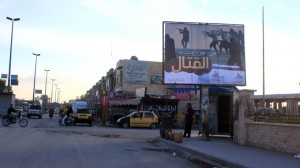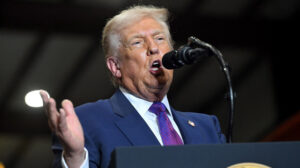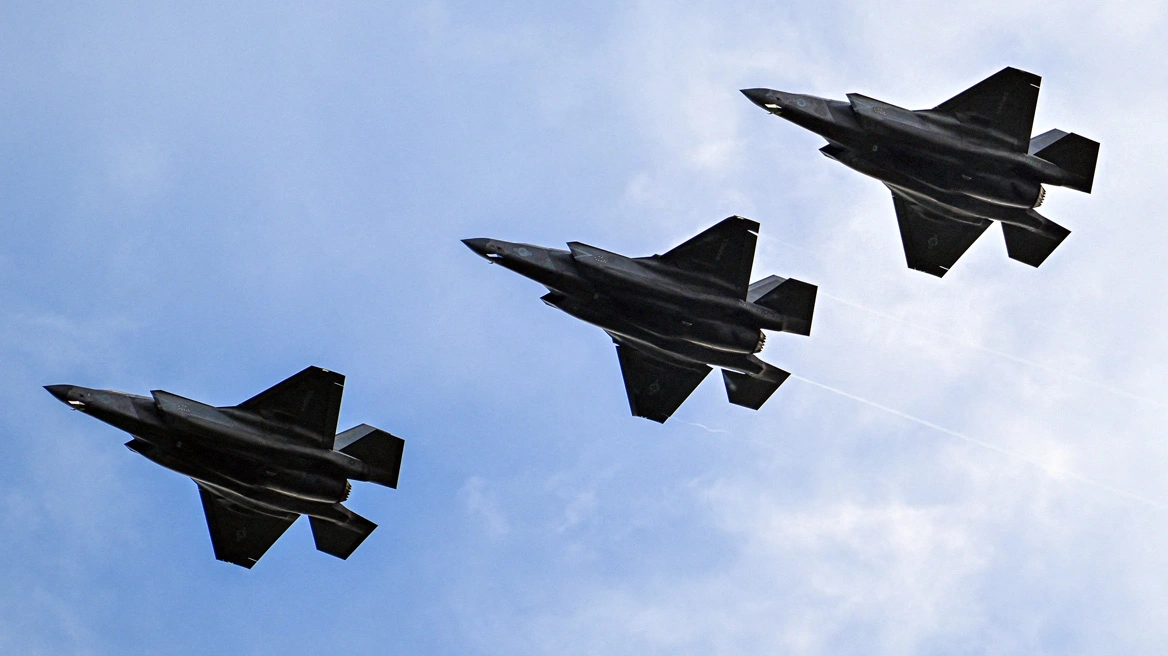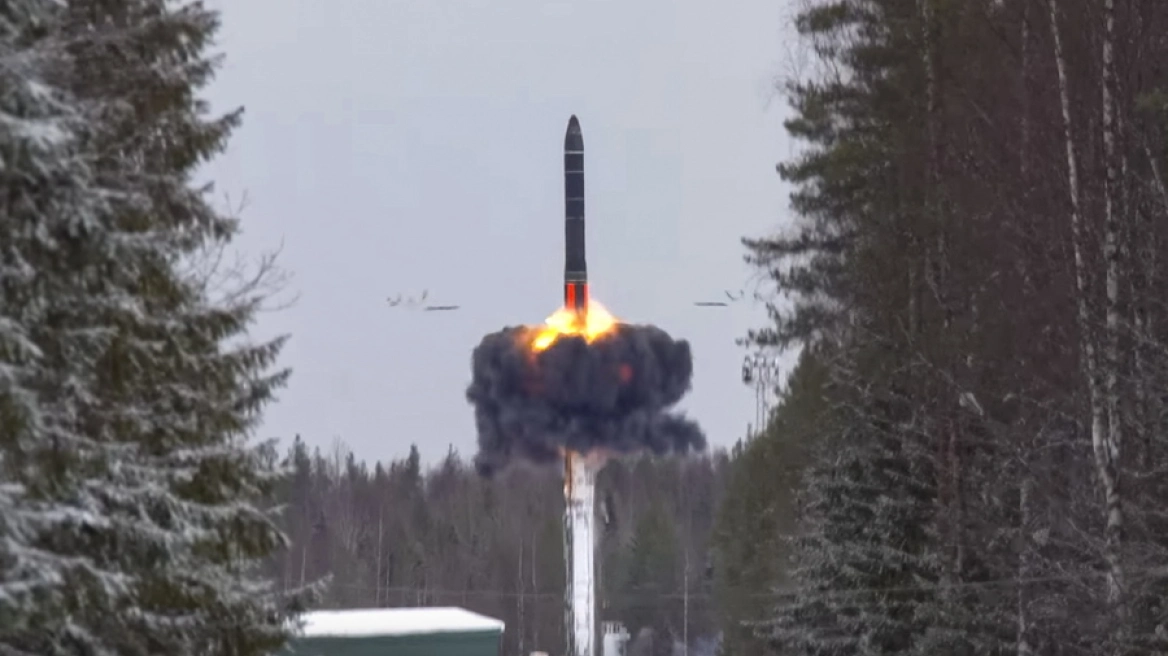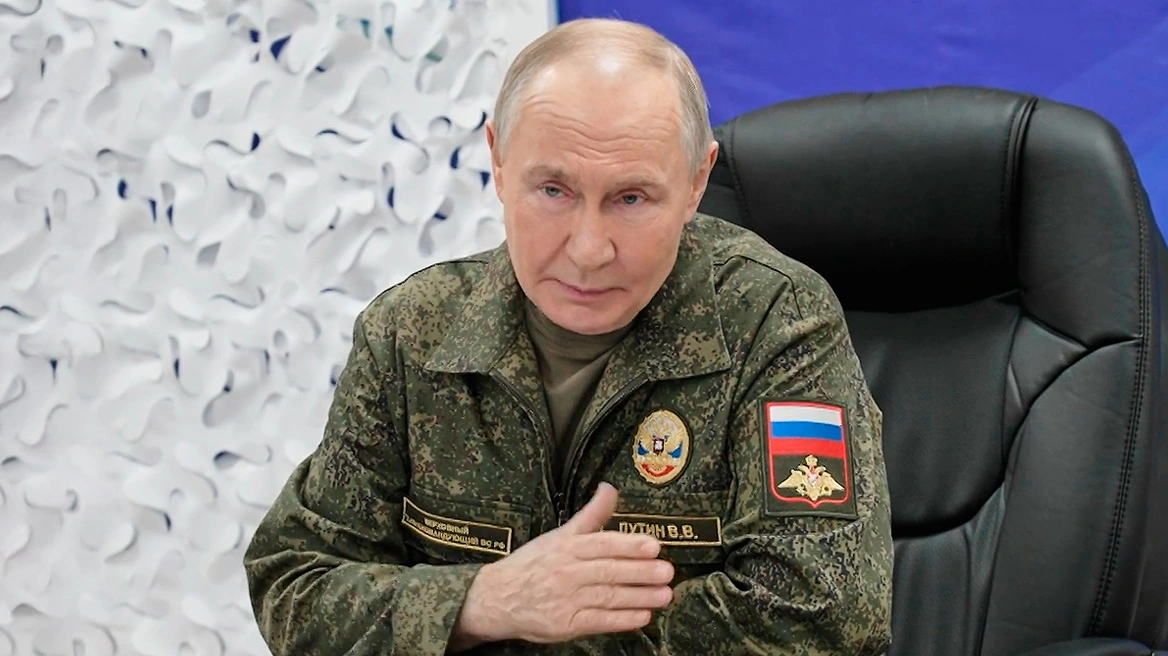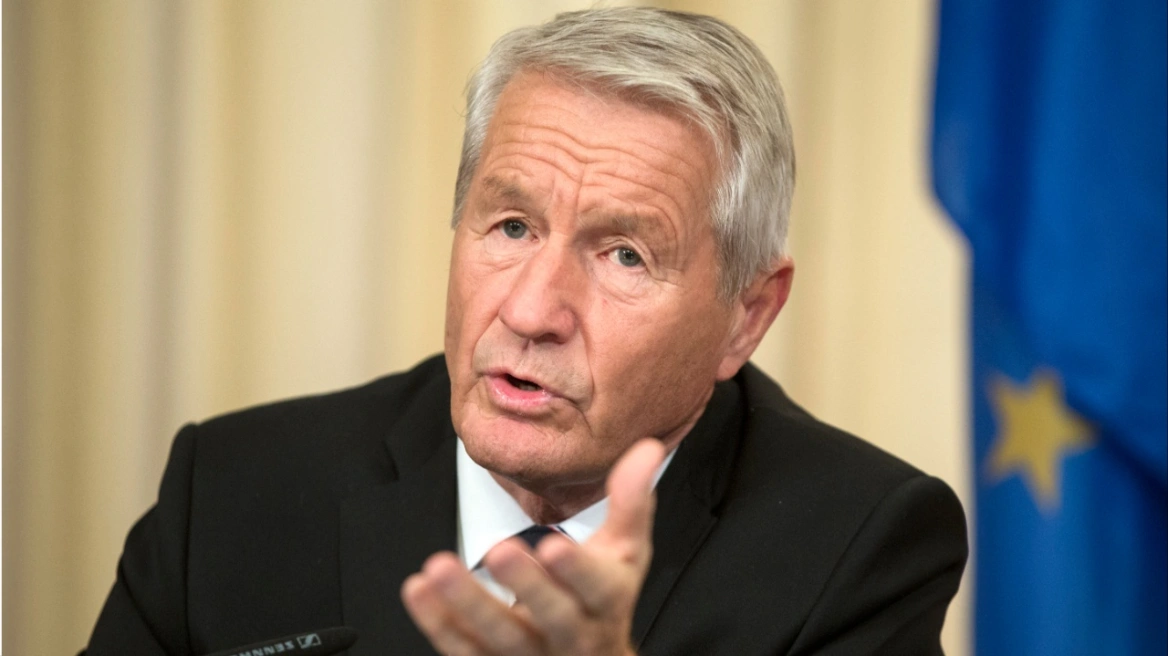The US-backed Kurdish-Arab force leading the fight for the ISIS’s Syrian bastion Raqqa announced Tuesday the creation of a “civilian council” to administer the city after its capture.
“The civilian council of Raqqa will be charged with administering Raqqa and the surrounding province after liberation,” the Syrian Democratic Forces said in a statement.
The council was announced during a meeting in Ain Issa, a former ISIS stronghold some 50 kilometers (30 miles) north of Raqqa, in northern Syria.
The SDF launched an offensive to capture Raqqa, ISIS’s de facto Syrian capital, in November with support from the US-led coalition.
But a key question has been who will administer the city after its capture.
“The council is made up of people originally from Raqqa province. (The SDF) will entrust it with the running of the city once ISIS has been pushed out,” said Jihan Sheikh Ahmed, a spokeswoman for the Raqqa campaign.
Several tribal chiefs and local dignitaries from Raqqa participated in the meeting establishing the council, which mirrors others set up in towns captured from ISIS by the Kurdish-Arab force.
A military council will also be formed “soon,” according to SDF spokesman Talal Sello, and charged with security in the city after ISIS is expelled.
“The SDF will train people originally from Raqqa in cooperation with the international coalition to ensure the city’s security after it is freed,” Sello told AFP.
On Saturday, the SDF reached the outskirts of the key ISIS-held town of Tabqa, which they surrounded earlier this month.
Tabqa and the vast nearby Tabqa dam are considered key prizes in the broader offensive for Raqqa city, about 55 kilometers to the east.
The SDF has led the fight against IS in large swathes of north and northeast Syria, with support from the US-led coalition.
But its advances have angered neighboring Turkey, which views the Kurdish component of the alliance as an affiliate of the banned Kurdistan Workers’ Party (PKK).
The dominance of Kurdish forces in the fight has also stirred ethnic tensions with Arab residents of the areas taken from ISIS.
Ask me anything
Explore related questions
